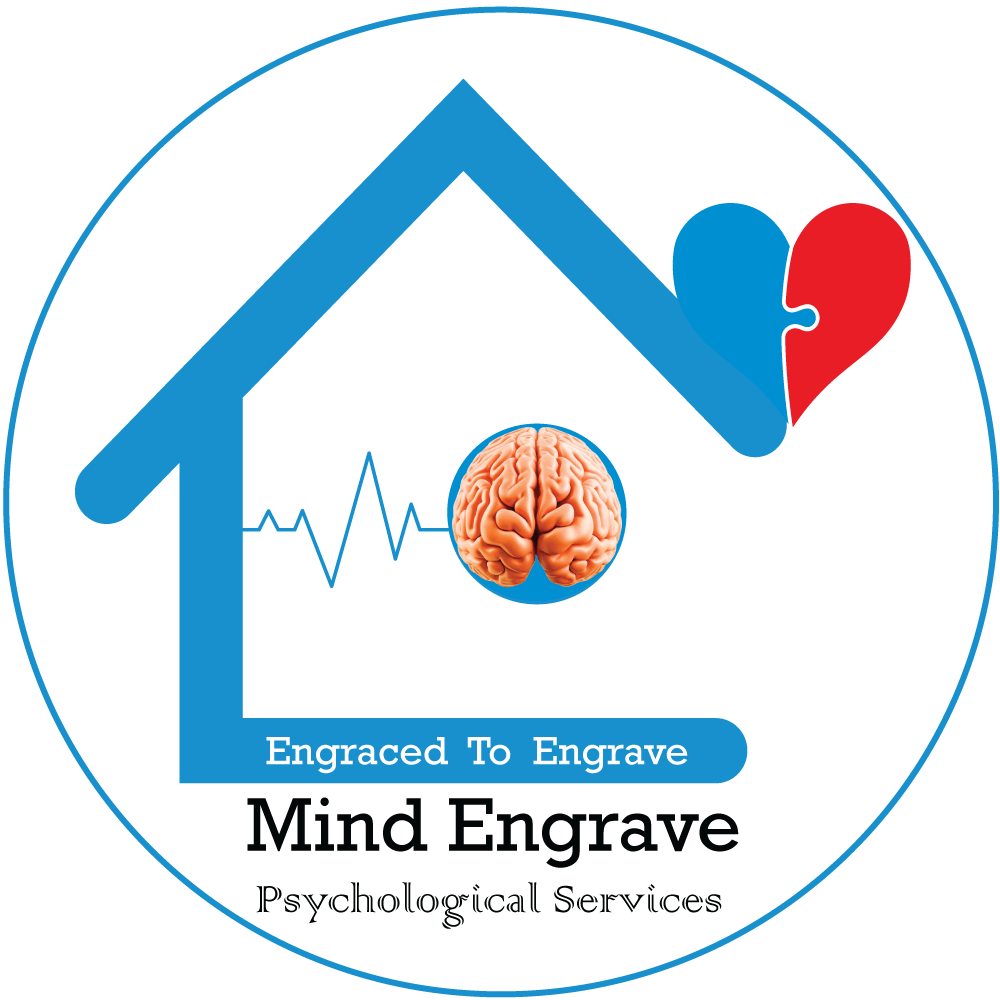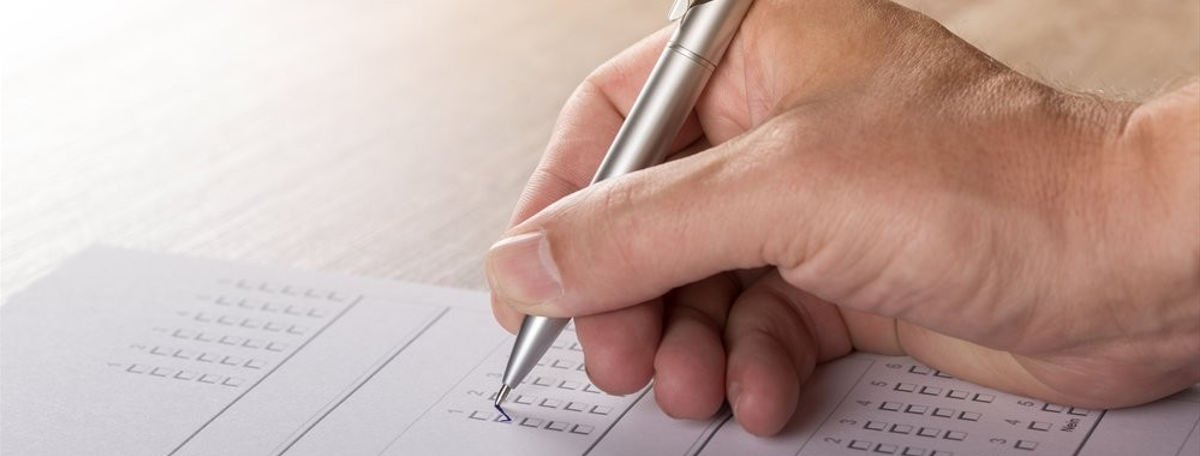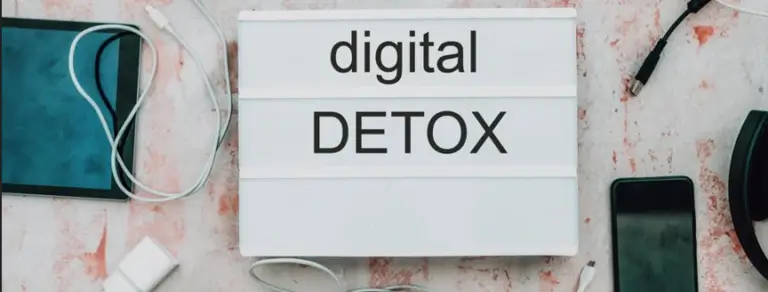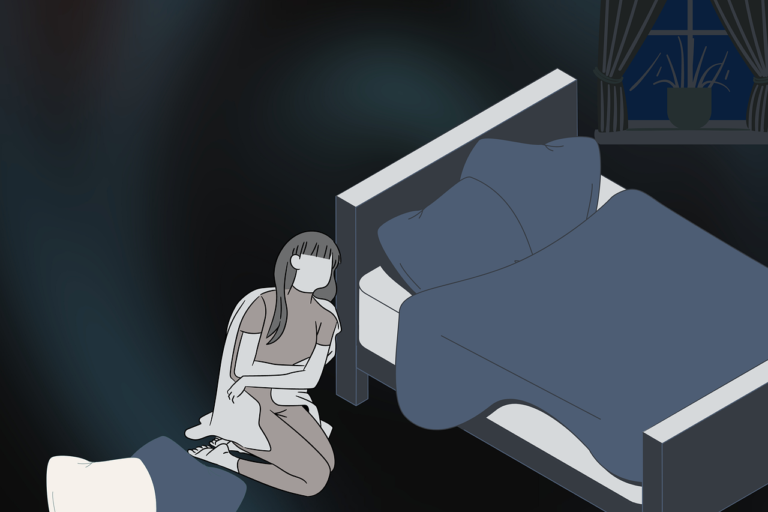When and How to Use an Online Mental Health Test for Anxiety & Depression
Introduction
An online mental health test can be a fast, private first step when you’re worried about anxiety or depression. Used properly, these screening tools help you recognise symptom patterns, track changes over time, and prepare for conversations with a clinician. This guide explains the teletherapy dimension of mental health assessment – when to use an online mental health test, how to pick a reputable tool, how to interpret scores, and what to do next — with practical tips for Nigerians seeking confidential, accessible support.
When to use an online mental health test
An online mental health test is most useful when you notice persistent changes in mood, sleep, appetite, concentration, or daily functioning that last for two weeks or more. Try a test if you want:
- A private, low-pressure way to check symptoms before talking to someone.
- A structured summary you can show a doctor or therapist.
- A method to monitor symptoms over weeks or months.
For emergencies: If you or someone is in immediate danger, risk of self-harm or suicide, call emergency services right away (in Nigeria dial 112) and seek urgent help.
Which kinds of tests are common (and reliable)
Reliable online screenings mirror validated tools used in clinics, such as:
- PHQ-9 — screens for depressive symptoms and severity.
- GAD-7 — screens for generalized anxiety symptoms.
When you look for an online mental health test, favour sites that clearly name the tool (PHQ-9, GAD-7), explain scoring, and give recommended next steps. Avoid casual “quizzes” that don’t cite a validated measure. In other words, they give emotional-sounding results with no clinical basis.
How to use the test properly — step-by-step
- Choose a reputable source. Use health organisations, university clinics, trusted teletherapy platforms, or recognised NGOs.
- Give yourself 5–15 distraction-free minutes. Answer honestly — the accuracy depends on your candour.
- Read the scoring guidance. Most screens put scores into categories (none, mild, moderate, severe) and suggest next steps.
- Act according to the result: (1) Mild: Try self-care (sleep, routine, mevement), peer support, and recheck in 2-4 weeks. (2) Moderate: Consider booking a teletherapy session or discussing options with a primary care doctor. (3) Severe or suicidal thoughts: Seek immediate professional help; call 112 or a crisis line.
- Record results. Keep a log of scores to show a clinician — it helps with assessment and treatment planning.
Interpreting Online Self-assessment Tools Result: screening ≠ diagnosis
An online mental health test is a screening tool — it does not replace a clinical assessment. A high score means you should get a professional evaluation; a low score doesn’t always rule out significant problems. Use results to guide action, not to self-label. When in doubt, reach out to a licensed therapist or physician.
Benefits and limitations
Benefits
- Private and immediate.
- Helpful for tracking changes over time.
- Prepares you for a focused clinical conversation.
Limitations
- Not a diagnosis; may produce false positives/negatives.
- May miss complex or co-occurring conditions.
- Some online sites lack clear privacy or clinical backing — choose carefully.
online self-assessment tools: Moving Forward
If an online mental health test shows moderate to severe symptoms, or if you’re unsure what to do next, book a confidential session with a licensed therapist. Teletherapy can offer privacy and convenience, and taking that first step can change the course of recovery.
Practical Tips for Nigerians
- Privacy matters: If stigma is a concern, choose teletherapy or anonymous screenings from trusted organisations.
- Use scores as conversation starters: Bring your saved results to a clinician or counsellor to make the first appointment more efficient.
- Keep regular checks: If you’re monitoring recovery or the effect of treatment, take the same test every 2–4 weeks.
- Find local support: If your test suggests moderate or severe symptoms, ask for referrals to licensed Nigerian therapists, clinics, or NGOs that offer low-cost counselling. You can as well book a session with a licensed therapist (teletherapy is a private option).
- In a crisis, call 112 or local emergency services.

Odusanya Adedeji
Odusanya Adedeji A., is a Licensed & Certified Clinical Psychologist whose domain of expertise cuts across management of specific mental health issues such as, Depression, PTSD, Anxiety & Anxiety related disorders, substance use disorder, etc








